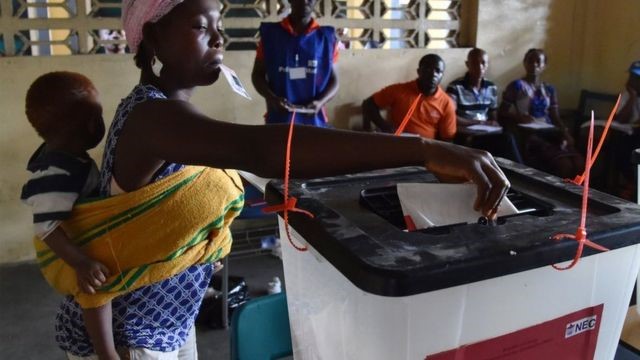The Tanzania Bureau of Standards (TBS), with its mission of promoting standardization, safety, and quality assurance in industry and commerce through various services Under Dr. Athuman Ngenya’s leadership, operates within an institutional legal framework established by the Standards Act No. 2 of 2009 and associated amendments. The Bureau’s mandate includes measures of quality and safety for all types of products. As well as the promotion of standardization in industry and trade. To fulfill this mandate, the TBS provides services such as standards development, conformity assessment, product certification, inspection, testing, and metrology services. The Bureau also offers training on standardization and conformity assessment and acts as the WTO-TBT National Enquiry Point.
This article discusses the various measures and initiatives undertaken by the Bureau to ensure effective regulatory services and promote compliance with quality and safety standards. Which has helped to drive economic growth and development in Tanzania.
How the Tanzania Bureau of Standards Operates
The Tanzania Bureau of Standards operates eight testing laboratories equipped with state-of-the-art facilities strategically placed in different sectors. These laboratories conduct testing services in areas such as food chemistry, microbiology, chemistry, mechanical engineering, electrical and electronics, building and construction, and packaging. They adhere to international best practices and are accredited according to ISO/IEC 17025 standards. The Bureau’s participation in the SADCMET proficiency testing schemes enhances the credibility and acceptance of its testing results.
Furthermore, the Bureau serves as the national metrology institute, responsible for maintaining national measurement standards and providing traceability to calibration laboratories. It operates four metrology laboratories specializing in thermometry, mass and related quantities, dimensional metrology, and chemical metrology. These laboratories also follow international best practices and have obtained accreditation. The Bureau’s measurement traceability is ensured through collaborations with the National Metrology Institute of South Africa (NMISA) and the Technical Research Institute of Sweden (RISE).
To promote voluntary compliance, the Tanzania Bureau of Standards has implemented the Standards Mark of Quality Certification Scheme. This scheme allows manufacturers whose products conform to Tanzanian standards to use the Bureau’s Standards Mark of Quality, indicating independent testing and certification against relevant standards. The mark serves as evidence of quality and helps manufacturers differentiate their products in the market. Additionally, the Tanzanian Bureau facilitates trade by certifying products under the Tested Product Certification Scheme. Enabling companies to claim adherence to international or foreign standards.
Compulsory Standards in TBS
The Tanzania Bureau of Standards operates a Batch Certification Scheme for imports covered under compulsory standards. It communicates with stakeholders through customs harmonized codes (HS codes) and conducts pre-shipment inspections to verify product quality and safety. The Bureau also carries out destination inspections for products that were not inspected in the country of origin. These measures promote compliance and involve collaborations with international inspection bodies.
In terms of food and cosmetics, the Tanzania Bureau of Standards ensures quality control through the registration of premises and products. This process helps stakeholders assess the safety status of food and cosmetic products before importation or release to the market, promoting compliance at a lower cost.
Market surveillance inspections are conducted to enforce safety and quality requirements. The Bureau emphasizes that the primary responsibility for ensuring product safety and quality lies with manufacturers, importers, and distributors. To promote voluntary compliance, the Bureau employs enforcement actions such as license suspension or cancellation. Preventing the sale of non-compliant products, seizure and forfeiture of products, financial penalties, recalls, and warning letters.
Overall, the Tanzania Bureau of Standards plays a vital role in regulating and ensuring compliance with quality and safety standards. Through accredited testing and metrology laboratories, certification schemes, batch certification for imports, product and premises registration, and market surveillance, the Bureau strives to protect consumers and promote a culture of quality and safety in the marketplace.


